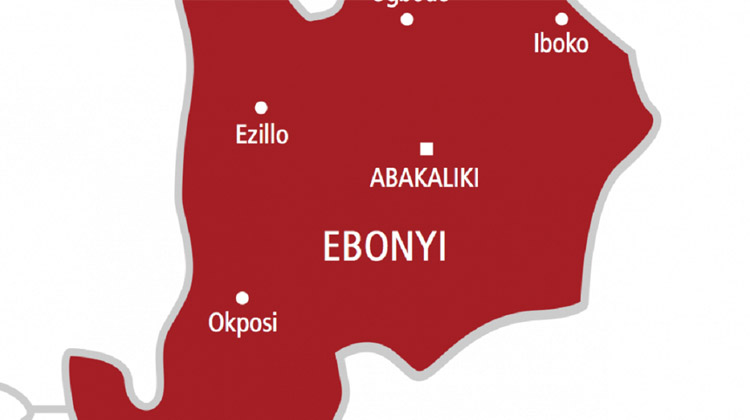Civil Society Organisations (CSOs) and other stakeholders in Ebonyi State have called on the Ebonyi State government to prioritize ending open defecation and provision of constant clean water across the state to curb the incessant cholera outbreaks, which have claimed many lives in the rural areas.
The CSOs and other stakeholders in the state made the call during the Ebonyi State Water Resources Policy Review Workshop organised by the United States Agency for International Development, USAID, State Accountability, Transparency and Effectiveness State2State Activity, Nigeria.
The coordinator of Ebonyi Civil Society Network, Mr. Ajah Chima noted that according to the last assessment of open defecation in Nigeria, Ebonyi State still remain the number one state and called on the state government to find a lasting solution to the menace.
“Unfortunately Ebonyi is on top in open defecation in the country, Ebonyi State happens to be number one in the last assessment. The State Government must work towards prioritizing having an open defecation-free community.
“For the State to checkmate the incessant cholera outbreak, we must curtail open defecation. When people defecate openly and you see them depending on pond water and stream, the resultant effect will be the constant cholera outbreaks and the high number of deaths recorded.
“Government should also prioritize provisions of water to make sure that the people have access to clean drinking water,” he said.
Mr. Ajah who is also a staff of Development and Integrity Intervention Goal Foundation, DIG noted that the state government and other partners are making efforts to ensure that open defecation is curtailed in the state.
The permanent secretary, Ministry of Water Resources, Engr Ujogu Chukwuma said that the review workshop was organised to put on ground the regulations that will control good water production, water usage and conservation in the state.
On his part, the state team leader, USAID State2State, Dr. Sam Onyia said the organisation has, for the past four years, assisted the state in the areas of accountability, transparency and effectiveness, adding that the essence of reviewing the existing water policy is to close the gap that might occur when the organisation would have wrapped up its assignment by next year.





